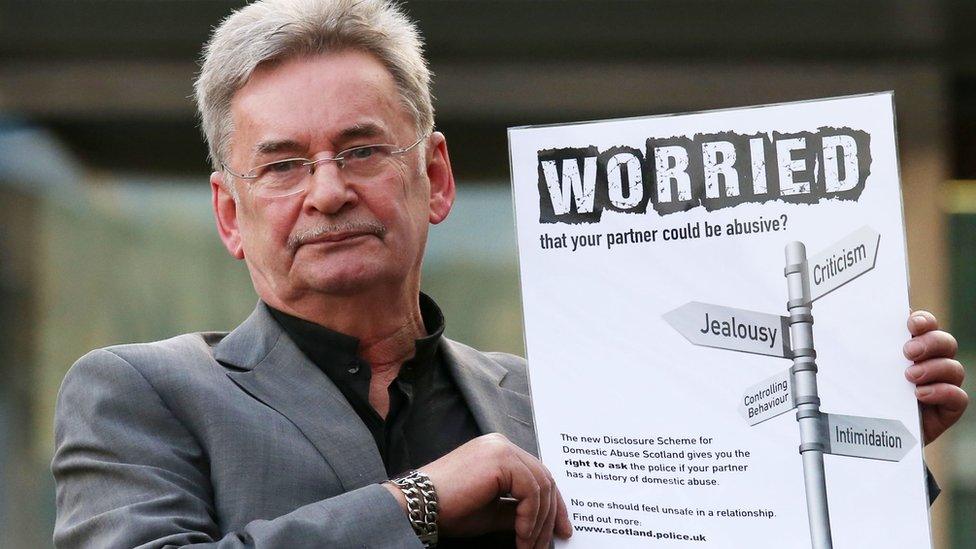Wiltshire Police failures put people at risk of domestic violence
- Published
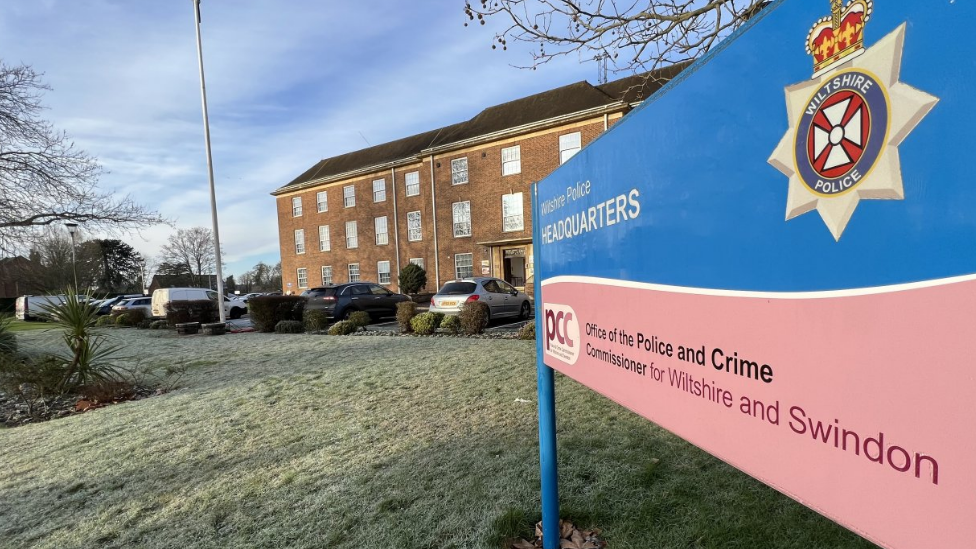
Police are carrying out an urgent review of applications made under Clare's Law
A police force has admitted it failed to disclose information which could have protected those most at risk from domestic violence.
Wiltshire Police has launched an urgent review of applications made under disclosure scheme Clare's Law.
It comes after the force referred itself to the police watchdog after concerns over disclosures made by a member of staff.
Chief Constable Catherine Roper has apologised on behalf of the force.
Mrs Roper said: "Having already reviewed a small number of these applications, we know there have been some failures to disclose information which could have protected those most at risk from domestic violence.
"For this, I am truly sorry."
More than 3,500 applications made under Clare's Law between April 2015 to August 2023 will be reviewed.
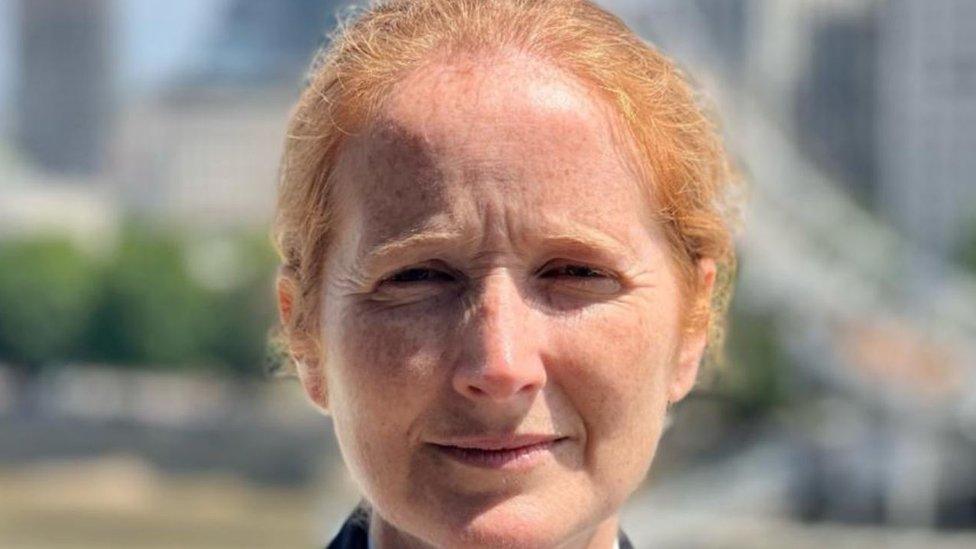
Catherine Roper said she was "truly sorry"
Wiltshire Police made a voluntary referral to the Independent Office for Police Conduct (IOPC) earlier this year with concerns regarding a member of staff who was served with a notice of investigation by the watchdog and suspended.
The force said it was working with the IOPC on its investigation and a number of additional concerns subsequently identified.
"As we work to fully understand the extent of these failures... it is vital that we are honest and transparent with our communities," said Mrs Roper.
"We are now conducting an urgent audit of Clare's Law applications made to us since April 2015, which is when the member of staff began working in this department," she added.

What is Clare's Law?
Clare's Law is named after 36-year-old Clare Wood, who was murdered by her ex-boyfriend, who had a record of violence against women, in 2009
It was rolled out in England and Wales in 2014 as the Domestic Violence Disclosure Scheme (DVDS)
Ms Law's father Michael Brown led the campaign for the new law to be introduced
The scheme enables police to disclose normally confidential information about a person's criminal history, such as domestic violence, to someone deemed to be at risk of future abuse
People can apply for information about a current or ex-partner themselves and it is also possible to request information about the current or ex-partner of a friend or relative

The Chief Constable said the force would be attempting to contact applicants in cases where it felt there could be any risk to people.
"I ask our communities to trust us, accepting that we've already identified a failure in our service," said Mrs Roper.
"We have put more scrutiny in place than we've ever had in this area of our business. Please continue to talk to us if you have any concerns or information regarding people at risk of domestic abuse," she added.
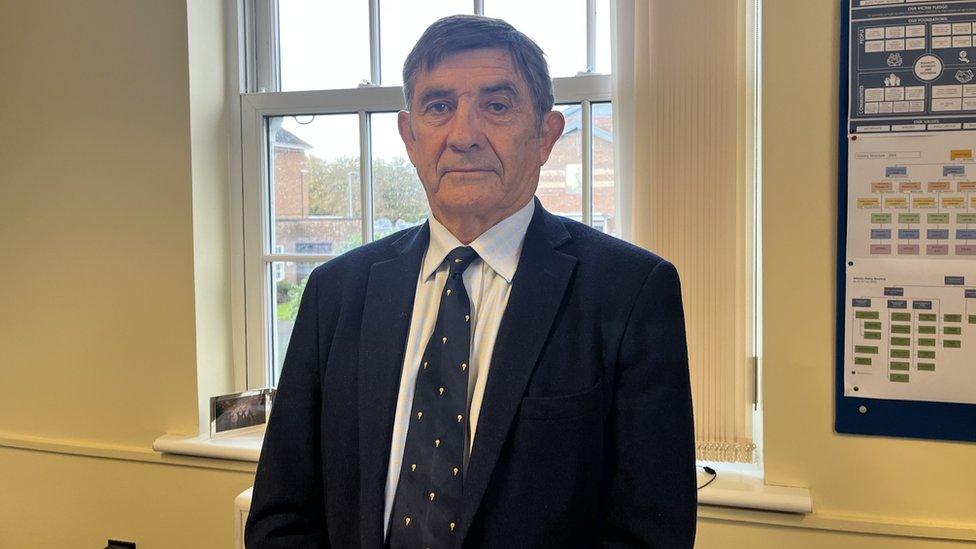
Police Crime Commissioner Philip Wilkinson says he is "horrified" by the force's failures
Speaking to BBC Radio Wiltshire, the Police and Crime Commissioner, Philip Wilkinson called the failures "truly shocking".
He added: "There are no words which can convey how appalled I am. I am horrified at the prospect there may be more victims of domestic or sexual assault who could have been safeguarded by the force beforehand.
"My primary concern is for any victims - or potential victims. At its very simplest, this is a tragic consequence of an organisation which, for some time before our current Chief Constable, was not performing adequately across many areas."
Mr Wilkinson said he and Mrs Roper would "fix" the situation together.
"We have had lots of discussions about this and I will be taking a robust line - she will be taking an even more robust line.
"If we're going to sort out Wiltshire Police force, we will do it together. She leads, I support her, we will fix this," he added.
Mr Wilkinson said the force's failures were not a result of a shortfall in funding.
"Yes, we are the second-worst funded force per head of capita in the country, [but] this is a matter for poor management."
People who made a Clare's Law application to Wiltshire Police between April 2015 and August 2023 can contact the force if they have concerns.

Follow BBC West on Facebook, external, X, external and Instagram, external. Send your story ideas to: bristol@bbc.co.uk , external
Related topics
- Published8 March 2014
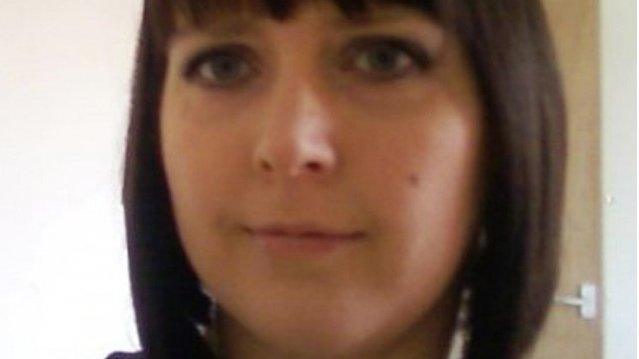
- Published20 July 2020
